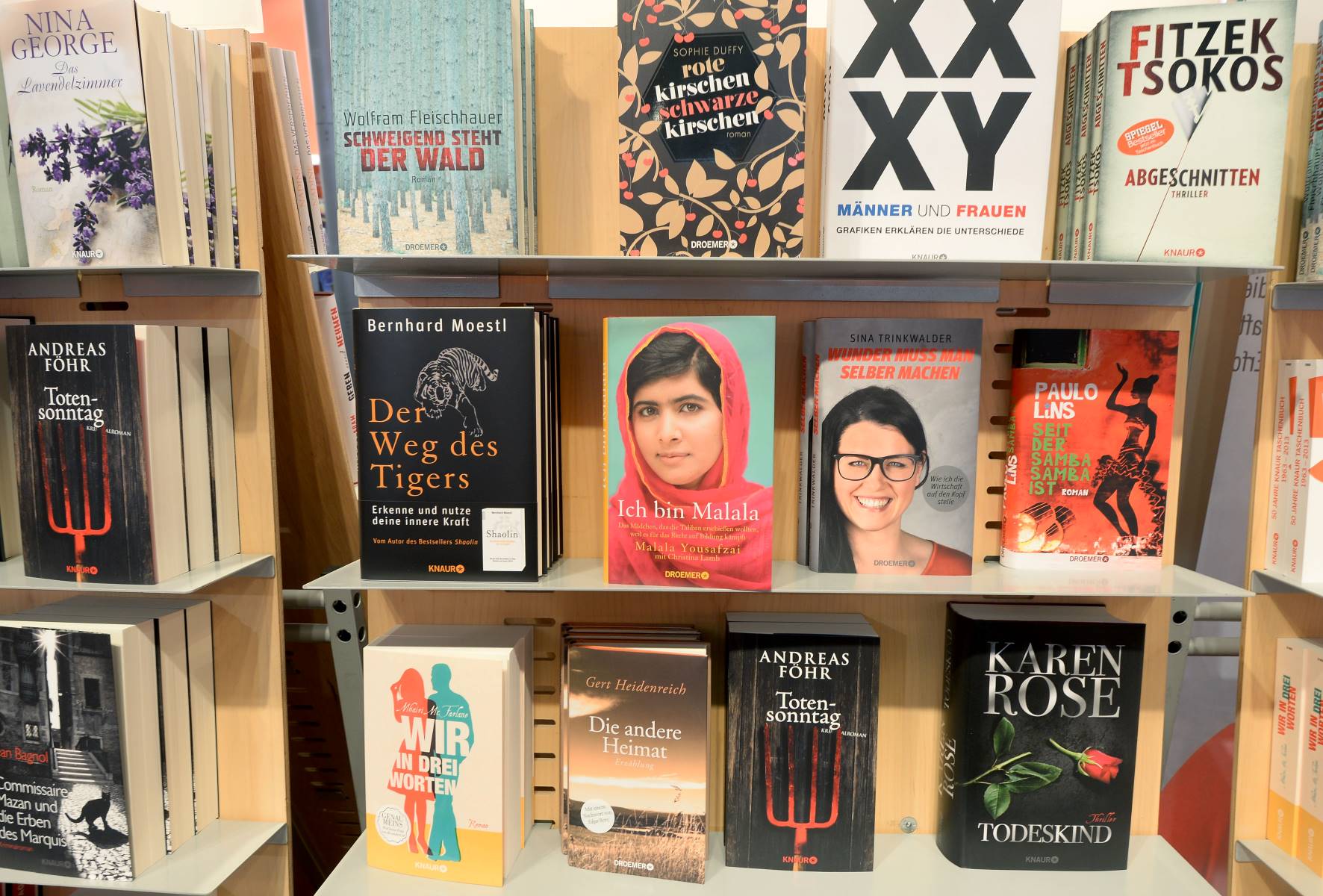
Feminist literature has been a pivotal force in shaping societal views and advocating for gender equality. This genre, rich in diversity and perspective, offers insights into the struggles, triumphs, and everyday realities of women across different eras and cultures. From early works that challenged the status quo to contemporary novels that explore complex identities and social issues, feminist literature is more than just stories. It's a powerful tool for understanding and sparking change. Whether you're a long-time fan or curious newcomer, diving into the world of feminist literature opens up a world of thought-provoking ideas, inspiring heroines, and transformative narratives. Ready to uncover some intriguing facts about this influential genre? Let's get started on a journey through the vibrant landscape of feminist literature, where each page turned is a step toward a more equitable world.
What is Feminist Literature?
Feminist literature encompasses a wide range of works, including novels, essays, poetry, and plays, aimed at addressing issues related to women's rights, gender equality, and the critique of societal norms from a feminist perspective. This genre seeks not only to expose the challenges women face but also to empower and inspire change through storytelling and critical analysis.
- Feminist literature often explores themes such as identity, sexuality, body politics, and the intersectionality of race, class, and gender.
- It has roots in the 18th and 19th centuries, with early works advocating for women's rights and education.
Early Influences in Feminist Literature
The foundation of feminist literature was laid by pioneering women (and some men) who dared to challenge the status quo and advocate for gender equality.
- Mary Wollstonecraft's "A Vindication of the Rights of Woman" (1792) is considered one of the first major feminist works, arguing for women's education and rationality.
- In the 19th century, literature by women began to address the confines of domestic roles, with Charlotte Perkins Gilman's "The Yellow Wallpaper" (1892) highlighting the impact of these roles on women's mental health.
The Wave Theory in Feminist Literature
Feminist literature can be categorized into different "waves," each reflecting the evolving focus of the feminist movement over time.
- The first wave, in the late 19th and early 20th centuries, focused on legal issues and suffrage.
- Second-wave feminism, from the 1960s to the 1980s, broadened to include sexuality, family, the workplace, and reproductive rights.
- Third-wave feminism, from the 1990s onward, embraces individuality and diversity, challenging the definitions of femininity and gender.
Key Themes in Feminist Literature
Feminist literature tackles a variety of themes, each aiming to shed light on the inequalities faced by women and to promote a more equitable society.
- Power dynamics and the patriarchy are central themes, examining how societal structures oppress women.
- Body autonomy and sexual freedom are also significant, advocating for women's rights to make choices about their own bodies.
- Intersectionality is a critical aspect, highlighting how race, class, and other identities intersect with gender to create unique experiences of oppression and privilege.
Notable Works and Authors
Throughout history, numerous works and authors have made significant contributions to feminist literature, inspiring generations and sparking discussions on gender equality.
- Simone de Beauvoir's "The Second Sex" (1949) is a seminal work in feminist theory, analyzing the construction of women as the "Other" in society.
- "The Bell Jar" by Sylvia Plath (1963) offers a poignant exploration of mental health and the pressures on women to conform to societal expectations.
- Audre Lorde, a self-described "black, lesbian, mother, warrior, poet," used her work to address the intersections of race, gender, and sexuality.
The Impact of Feminist Literature
Feminist literature has played a crucial role in advancing women's rights and continues to influence discussions on gender and equality.
- It has helped to challenge and change societal norms, making space for women's voices and experiences to be heard and valued.
- Feminist literature has also contributed to legislative changes, supporting the fight for equal rights and protections under the law.
- By fostering empathy and understanding, these works have encouraged solidarity among readers, regardless of gender.
Feminist Literature in the Digital Age
With the advent of the internet and digital platforms, feminist literature has found new avenues for expression and activism.
- Blogs, social media, and online publications have become powerful tools for feminist writers and activists to share their messages.
- Digital platforms have also facilitated the global spread of feminist ideas, connecting activists and readers worldwide.
- E-books and audiobooks have made feminist literature more accessible, allowing a wider audience to engage with these important works.
Challenges and Criticisms
Despite its significant contributions, feminist literature has faced challenges and criticisms from various quarters.
- Some critics argue that feminist literature can be exclusionary, not adequately representing the experiences of all women, particularly those of color, from different cultures, or with disabilities.
- There is also a debate within the feminist community about the role of men in feminist literature, with opinions varying on whether men can write effective feminist works.
- The commercialization of feminism, with the term being used to sell products or promote brands, has raised concerns about diluting the movement's message.
The Future of Feminist Literature
As society evolves, so too does feminist literature, adapting to address new challenges and reflect changing perspectives on gender and equality.
- The future of feminist literature likely includes a greater emphasis on inclusivity, representing a wider range of experiences and identities.
- Technology will continue to play a role in disseminating feminist ideas, with digital activism and online communities driving the conversation forward.
A Final Nod to Feminist Literature
Feminist literature has been a game changer, reshaping our views and stirring conversations about gender equality. From the early works that challenged societal norms to contemporary pieces that explore complex identities and injustices, these writings have been pivotal. They've not only offered solace and understanding to many but also equipped readers with the language to articulate their experiences and fight for change. As we've journeyed through the rich landscape of feminist literature, it's clear this genre is more than just books on a shelf. It's a powerful force for societal transformation, pushing boundaries and sparking debates that lead to real-world change. Let's keep turning those pages, for every story read is a step closer to understanding and equality.
Was this page helpful?
Our commitment to delivering trustworthy and engaging content is at the heart of what we do. Each fact on our site is contributed by real users like you, bringing a wealth of diverse insights and information. To ensure the highest standards of accuracy and reliability, our dedicated editors meticulously review each submission. This process guarantees that the facts we share are not only fascinating but also credible. Trust in our commitment to quality and authenticity as you explore and learn with us.


